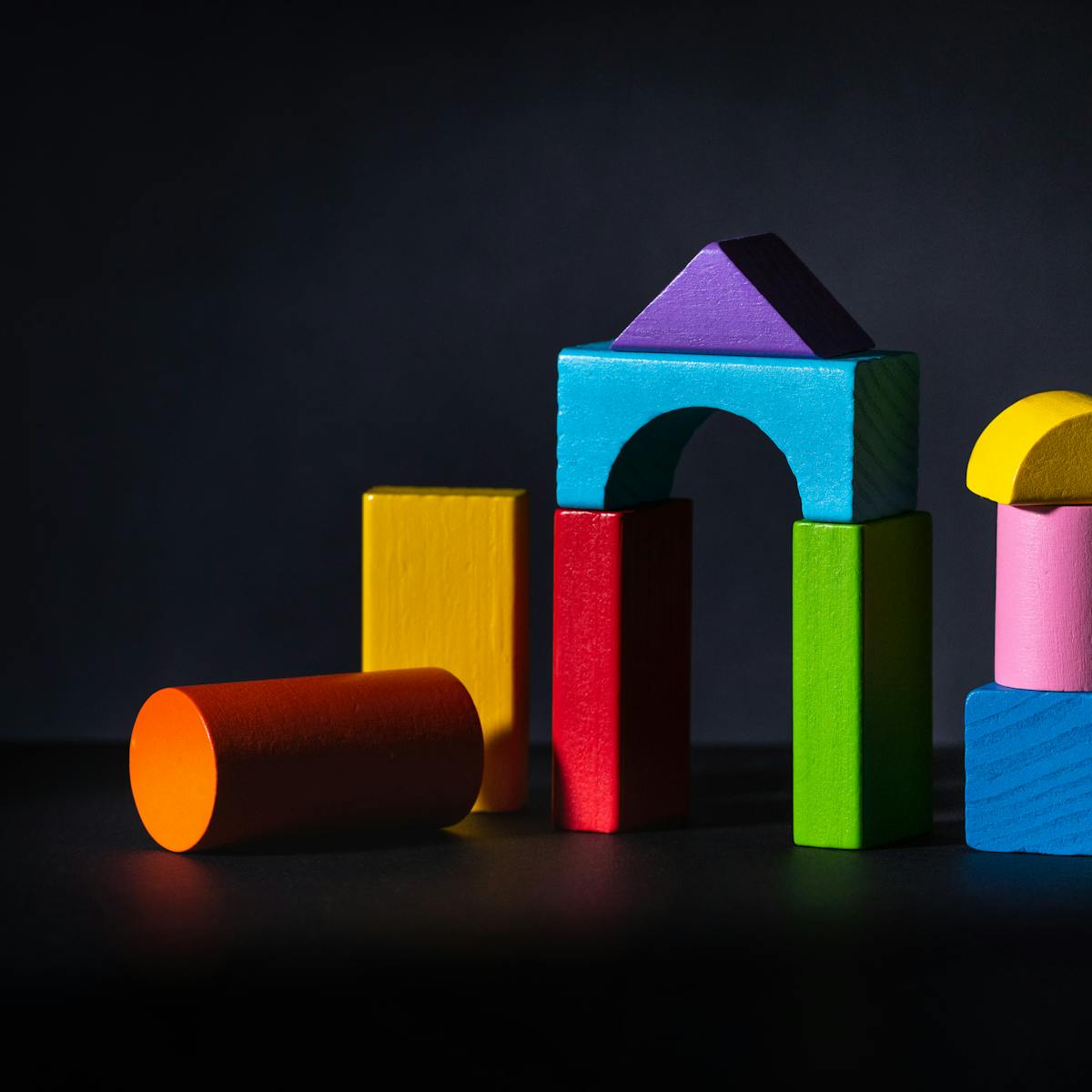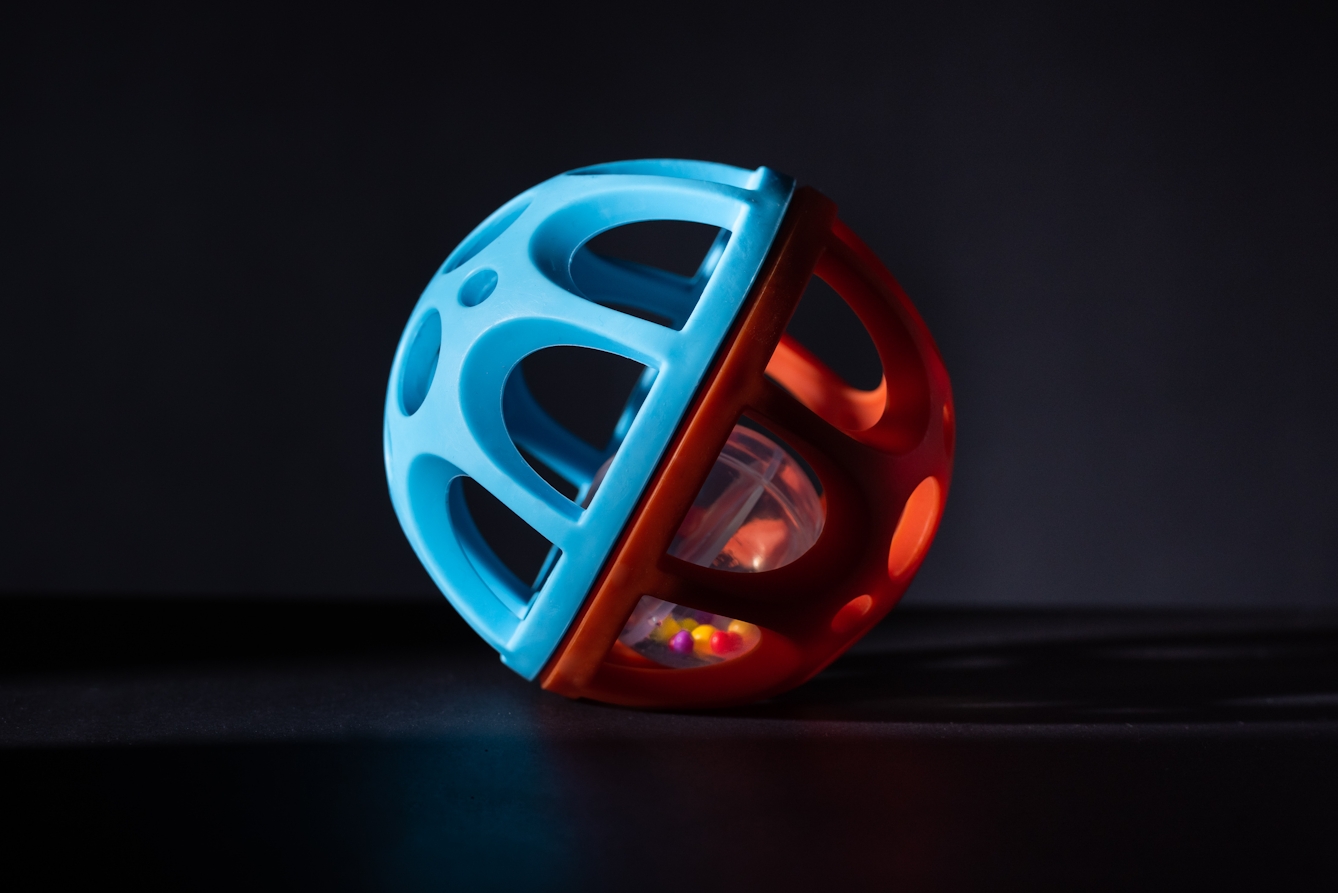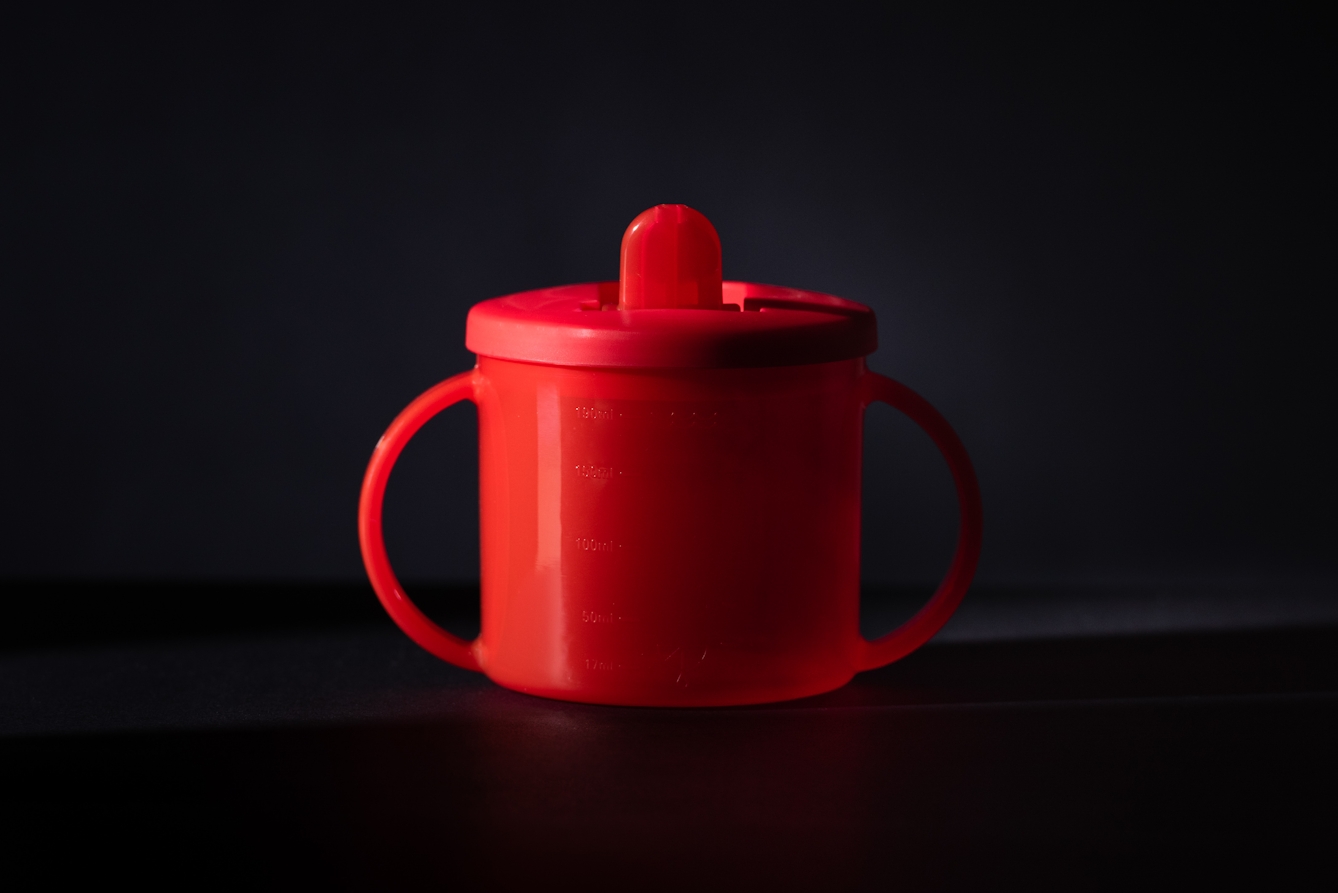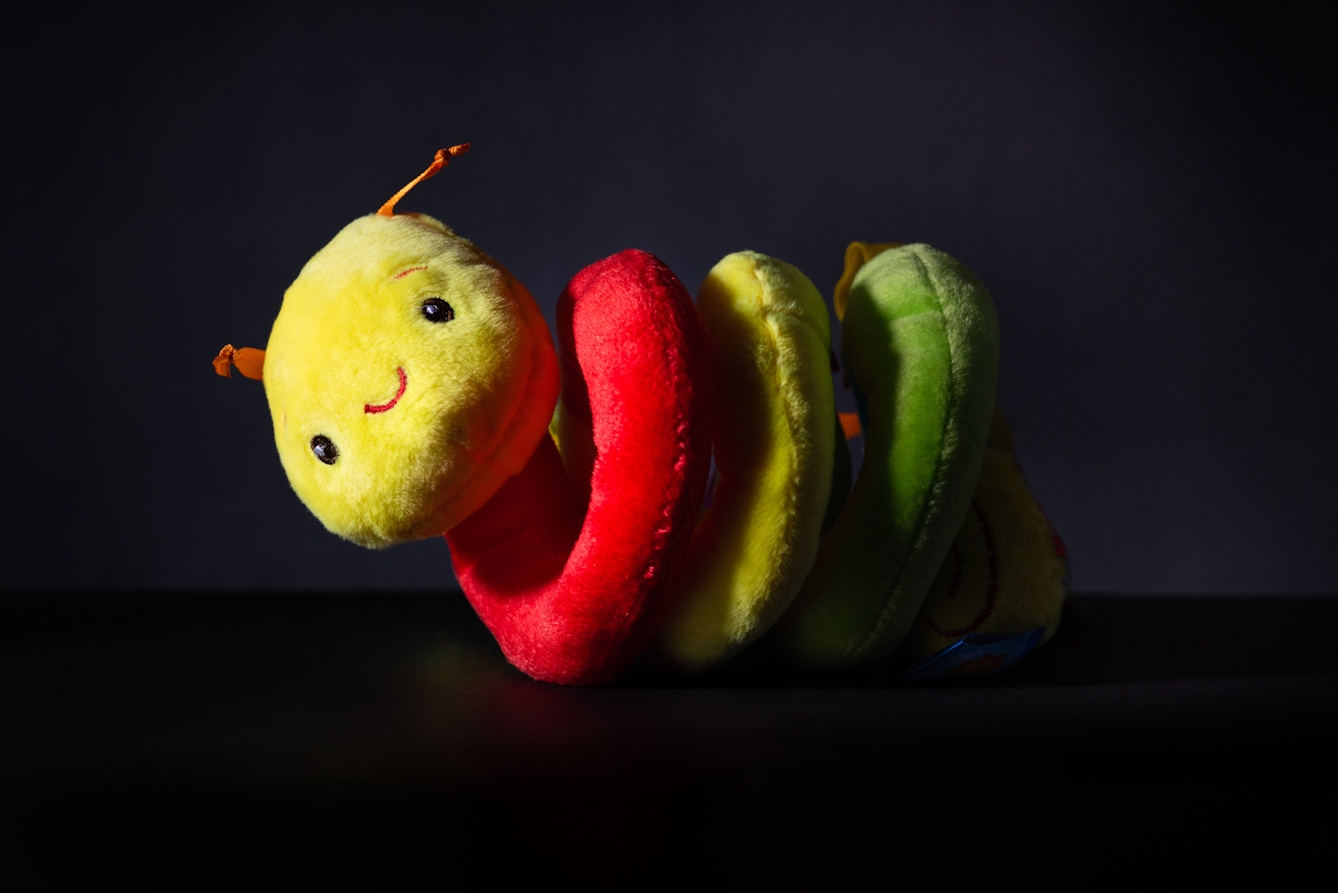When Gary’s wife was sentenced to almost four years in prison, their second child, a small baby, joined her there for more than a year. Here he remembers those times and exposes why the system needs to change.

I didn’t get to visit my baby’s nursery for a long time. Not because I was working too hard or was too lazy. I wasn’t allowed to – because it was housed in the mother-and-baby unit (MBU) at Bronzefield Prison near Staines.
My wife was sentenced to just under four years in prison for a non-violent tax offence when our second child was only three months old. She’d had to breastfeed throughout the five-week trial, while we changed dirty nappies in a tiny anteroom with our barrister’s legal documents spread out underneath the changing mat. I got told off by the judge one time because I was pushing our screaming daughter in a pram outside the courtroom trying to get her to sleep and apparently it ‘disrupted’ proceedings.
The fact that her sentence was just under four years was significant, because you aren’t allowed to go into an MBU if your sentence is four years and above. “[Judges’] approach with pregnant women or women with babies who might go to an MBU is pretty cavalier,” says Dr Shona Minson, a post-doctoral fellow at Oxford University who has done significant and impactful work in this area.
“They needed to be able to live with themselves with the sentences they were passing and in order for them to be able to do that, they had stories that they held.” She points to one judge who told her he wasn’t worried about imprisoning a mum because the MBU at Holloway was the best in the world. The unit had shut down a year before she interviewed him.
Originally our judge didn’t know that you aren’t allowed to go into an MBU if your sentence is four years and above. He had to ask his clerk about the rules when we went back and petitioned him to reduce the prison time, which he did by a few hours, so my wife was technically eligible but made to see that he was being exceptionally generous.
And like that, we had a decision to make. Could I look after a three-month-old and her three-year-old sister by myself? Did we want to split them up? Did we want one of them to spend the first 18 months of her life in prison? And lastly, what damage would it do for my wife to be away from her newborn at that stage in her development, never mind her sibling?

“My wife was sentenced to just under four years in prison for a non-violent tax offence when our second child was only three months old.”
We spoke lots about the “least terrible decision”. I knew my wife was scared that I would say our youngest shouldn’t be with her, which to her mind would essentially mean a schism in their relationship that could never be healed.
This is where everyone says, “Well, you knew the risks; you have to live with the consequences.” Well, sure. But should a three-month-old baby? How is it their fault?
Anxiety and conflicting emotions
The mother-and-baby unit at Bronzefield, which is a private prison, was okay under the circumstances. It’s a Category A facility, which means it houses some serious criminals, but is also a sorting house for women on remand and those newly convicted. Because of the nature of my wife’s offence, she would have been eligible to move to an open prison quite quickly, but the only open prison MBU is Askham Grange in Yorkshire, which is three hours from our house, so we made the decision to stick where we were.
“There’s so much that could be done,” says Dr Laura Abbott, Senior Lecturer in Midwifery at the University of Hertfordshire, whose research concentrates on mothers in prison. “Something I found quite staggering is some of the things that were lacking on MBUs. Things like breast pads. Women were told to rip sanitary pads in half; they were told to stick gauze down their bra.”
Some of the decision-making we encountered was bizarrely inept. I remember my wife telling me one of the children had fallen off a sofa in the communal area and banged their head on the hard floor (they were fine). Rather than, I don’t know, get a rug, they took the seats out of the entire unit.
As I lay in bed at my parents’ house, depressed and anxious and constantly furious, I imagined my wife and my daughter in their small room. No one understands the reality of prison life, especially tabloid newspapers, unless you’ve experienced it. It’s not cushy, and an MBU isn’t a free nursery – in fact, our daughter only went in very rarely and the rest of the time she was with her mother in her cell.
“You can’t just be a normal person with human emotions because it might be perceived as you not doing a good job,” says Dr Abbott. “Women felt that if they made a fuss, if they had a falling-out, the punishment would be their baby being removed.”

“No one understands the reality of prison life, especially tabloid newspapers, unless you’ve experienced it. It’s not cushy, and an MBU isn’t a free nursery.”
On the outside, I internally debated my parental responsibilities, whether I could ask for child benefit for my younger child and to what extent I could be her dad if she was living somewhere else. The state taking those rights from me continues to baffle me. “It’s about the state removing parental rights, without mitigating it, without even acknowledging it’s happening,” says Abbott.
We have a picture on the windowsill in our bedroom of the four of us smiling, with the kids climbing over their mum and dad. It was taken during a ‘family’ visit to the MBU deep into the sentence. It’s a picture of conflicting emotions, but I choose to see it as triumphant. ‘They’ won’t win, ‘they’ won’t ruin us – we will conquer. It’s one of my favourite photos.
My youngest lived inside the mother-and-baby unit until she was 18 months old (the limit, unless there are exceptional circumstances). After I took our daughter back permanently, my wife was moved to an open prison in Kent, where she soon began home visits before being released with an ankle bracelet about five months later.
Surrounding the children with love
I hope both of my kids are okay. It’s all I can do. Hope. Because I can’t deny that they’ve had an unusual childhood. The younger one doesn’t remember the MBU, or the way she lived there, at least not consciously. The eldest occasionally mentions something that happened, “when Mummy lived in that other house”, though I sense there are recollections bubbling around inside her head that she’s yet to compute. My wife jokes that they see themselves as only children who have a sibling.
I used to lie awake thinking that maybe it was all a dream, before realising that it had happened, that this is our life now.
I just tried to do what the child psychologist we saw for a pre-sentence report told us to – show them they’re surrounded by love and look after my own mental health, which I did by seeing a counsellor for more than a year. I used to lie awake thinking that maybe it was all a dream, before realising that it had happened, that this is our life now. I think I’ve come to terms with that.

“My youngest lived inside the mother-and-baby unit until she was 18 months old. After I took our daughter back permanently, my wife was moved to an open prison, where she soon began home visits.”
The word ‘prison’ isn’t really mentioned in our house. Both my wife and I wish we could be braver and shout about the iniquities and the stupidity of the process to those in power, but the truth is, as you can see from the fact that this article is anonymous, I’m not strong enough.
I know there is stigma and I fear that my children might have to face that some day. Still, they are great kids – vivacious, strong-willed, hilarious, endlessly fascinating, and we love them as hard as we can. We try and continue to show them how much they’re loved.
The system is still a mess. Both Drs Minson and Abbott are working hard to transform it. “I always hold up the comparison with the family courts, when we separate a child from their parents because of abuse, neglect, harm,” says the former.
“The child is at the centre of the proceedings; the state appoints lawyers for them, guardians. If they’re separated from a parent and have to go into local authority care, those carers are assessed, supported and financed. But when a mother goes to prison, none of that happens.”
Dr Minson has got the Chief Social Worker interested, although to the judiciary it’s still a hard sell, convinced as they are by, as she says, the misguided belief that, “If a woman goes into prison, but the children don’t go into care, no harm is done.”
“We need more joined-up thinking with social workers, midwives and third-sector charity partners,” says Abbott. “If a woman is going to prison with her baby or pregnant, there has to be a plan.”
It was my youngest’s birthday the other day. One of her presents was from my wife’s best friend in Bronzefield. I’ll never know what it was truly like in there. She’ll never understand how I really felt, lying numb in my bed at home. We’ve got the stories: some of them make us laugh, like the ridiculous if well-meaning nativity play; others – a woman collapsing from malnutrition, not being able to play with the toys in the visit hall – make us cry.
And every day I wake up wishing I still didn’t know what an MBU is.
About the contributors
Gary
Gary (not his real name) is a freelance writer. Just after his second child was born, his wife was served with a four-year prison sentence.
Steven Pocock
Steven is a photographer at Wellcome. His photography takes inspiration from the museum’s rich and varied collections. He enjoys collaborating on creative projects and taking them to imaginative places.

